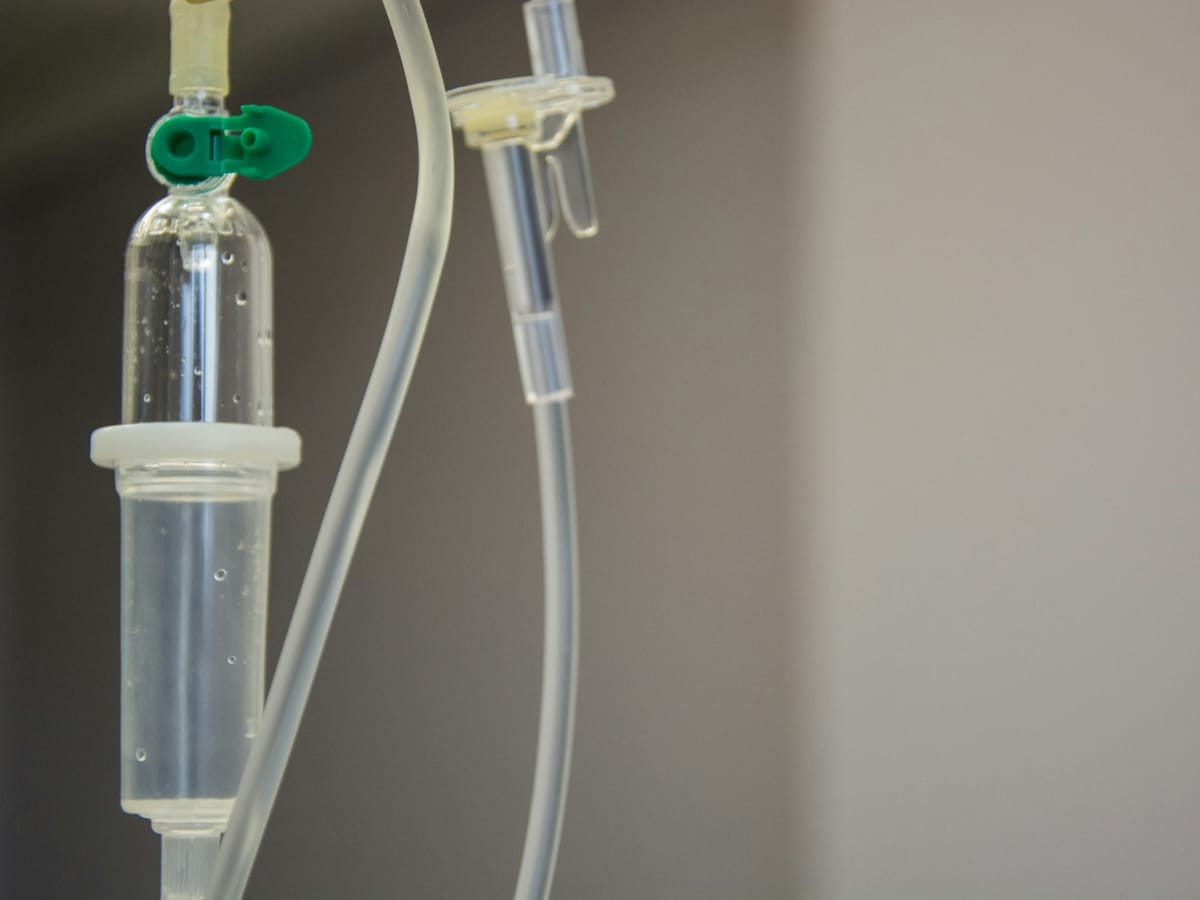Exploring Feeding Tube Care in Home Settings: Do Caregivers Require Formal Training?
Learn about the importance of education and support for feeding tube care at home. Discover the responsibility of hospitals and the benefits of a referral to palliative care. Learn more from Diane Carbo, RN.

Caring for a loved one's health needs is a profound responsibility, especially when it involves intricate medical procedures. In this context, a pertinent question posed by Jeanne stands out: Is formal education necessary for caregivers to effectively manage feeding tubes for patients receiving home care? This discussion delves into the essential consideration of whether caregivers require specialized training to provide competent and compassionate care to individuals reliant on feeding tubes in a home setting.
-Jeanne
Jeanne's inquiry probes a topic of great significance within the realm of caregiving – the extent of training needed to proficiently handle feeding tubes for patients under home care. In our healthcare landscape, where families often play a pivotal role in caregiving, the question of adequate education becomes pivotal.
Presently, hospitals shoulder the responsibility of preparing caregivers with the knowledge and skills required to manage feeding tubes in a home environment. The complexities extend beyond the mechanics of tube handling, encompassing the nuanced art of administering feedings. Although some caregivers might eventually attain self-sufficiency after receiving comprehensive training, the initial education is paramount.
Furthermore, hospitals should facilitate a seamless transition by directing caregivers to specialized services like home health care or palliative care. These services provide tailored training and sustained guidance, ensuring caregivers and patients are well-prepared to navigate the challenges linked to feeding tube management. Notably, palliative care offers more than medical support; it extends a helping hand to both patients and caregivers emotionally and psychologically, regardless of their recovery or chronic care journey.
Conclusion:
In conclusion, the query regarding the necessity of formal training for caregivers in the context of feeding tube management within home care settings is a pressing concern. Hospitals bear the responsibility of equipping caregivers with comprehensive knowledge encompassing both the technical and emotional aspects of tube care and feeding administration. By linking caregivers to specialized services, hospitals contribute to caregivers' preparedness, thereby fostering optimal care for patients relying on feeding tubes at home. The advocacy for comprehensive education and support is pivotal for ensuring the well-being of patients and caregivers alike.
I have included a link to the Pro’s and Cons Of Feeding tubes.
-Diane Carbo, RN
Caring for a loved one can be overwhelming — but you're not alone. If you have questions, big or small, our expert team is here to help.
👉 Click here to Ask the Expert
Our Resources section can help you find the information and tools that you need. We have courses, videos, checklists, guidebooks, cheat sheets, how-to guides and more.
You can get started by clicking on the link below. We know that taking care of a loved one is hard work, but with our help you can get the support that you need.
Click here to go to Resources Section now!





